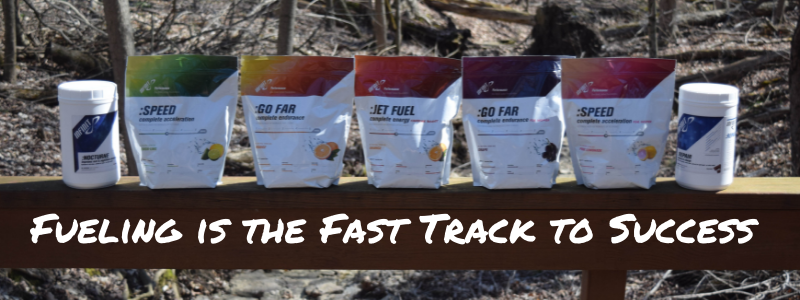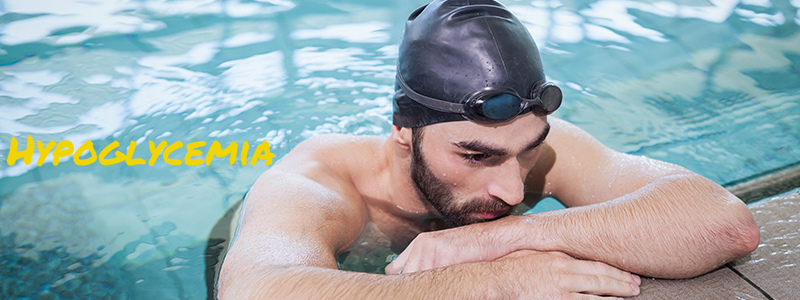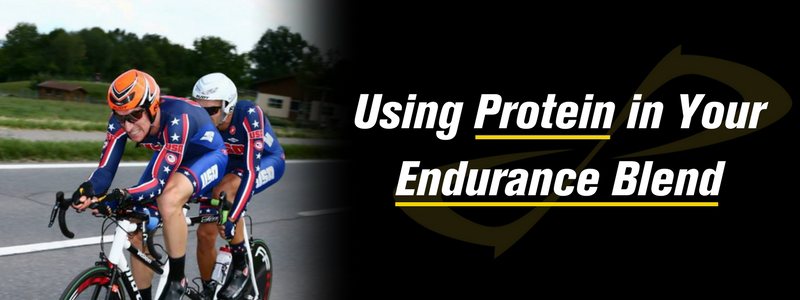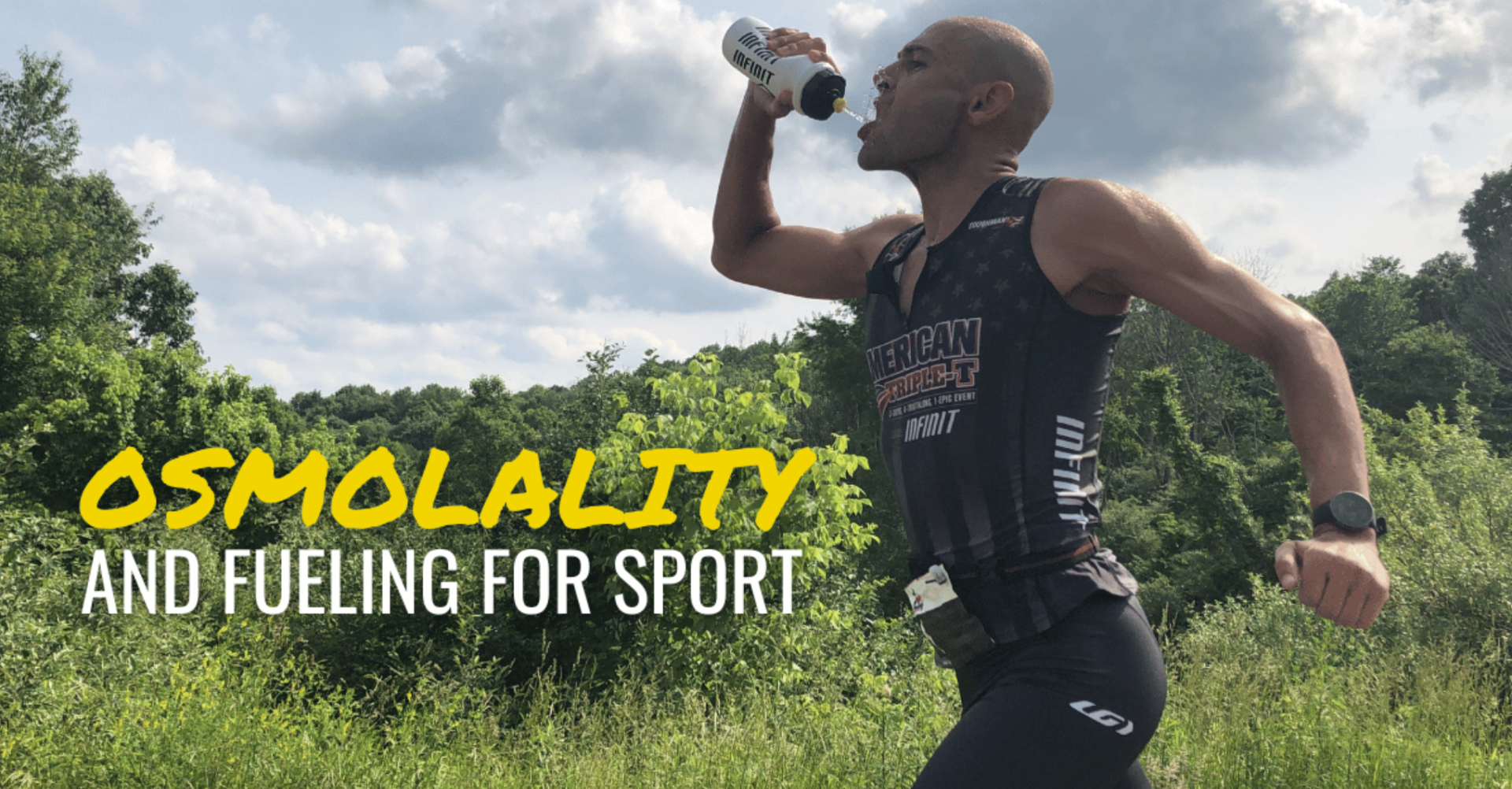Fueling is the Fast Track to Success
- 23 May 2016

Food IS fuel. Without significant amounts of carbohydrates, fats, and protein energy can not be stored, broken down, and used to power our bodies for training. Optimal physiological responses can not occur without adequate substrates that come directly from carbohydrates. Our main energy system that is important for events lasting longer than 2 minutes is the Aerobic System. The human body absolutely needs carbohydrates and fats in order to adapt and improve Aerobic Foundation (AF) processing rates, Prolonged Aerobic Capacity (PAC), and Aerobic Rate Capacity (ARC).
These are the MOST important Systems necessary to improve performance in primarily aerobic events; long distance (events 45 minutes or longer) and mid-distance (events 2 to 45 minutes). Inadequate fueling and overemphasis on “lactate threshold” training are the two most detrimental factors that will limit AF rates, PAC, and ARC. Analysis of 1000s of PPT testing, demonstrates overemphasis on “lactate threshold” training is not an effective method to increase mid-distance running (800m-10k) performance.
Different physiological testing protocols can be administered on an athlete to determine amounts of net lactate present when performing activity at various lengths of time and intensity. The net lactate output has a direct correlation of substrate and energy system utilization. As the intensity and time of exercise increases the reliance on blood glucose and muscle glycogen increases. These substrates are necessary to continue activity at the same work rates and net lactate outputs. In order to achieve intended physiological response and maintain or improve system processing rates, fueling frequently during training is absolutely necessary.
Is it possible to complete long or intensive training sessions without fueling? YES. Is it wise to complete long or intensive training sessions without fueling? NO! For example, you have a “long run” of 10 miles scheduled for Sunday morning. Most of you are not completing this “long run” under 60 minutes but many of you can complete it somewhere in the 60-75 minute time range. You wake up, get dressed, and head out for your run. No fuel, no water. Will you survive? Most likely, yes. Will you achieve optimal physiological responses? No! As you are running along you may notice you feel good, your pace is increasing and you complete your run no problem but there is a problem and many of the System Based Training athletes see this in their training regularly. If you are running in your Aerobic Foundation and PAC zones your heart rate will shift higher into another energy system in order to maintain the same pace. If you fueled prior to this energy shift taking place you will notice that the energy system shifts do NOT occur and paces will continue to increase at the same heart rate zones. In short, the intended physiological response was achieved by staying in the proper system for the training session.
FASTING during training does not make your body more efficient at burning fat. The “fasting long run” theory for marathoners is a fast track to glycogen depletion, limiting PAC, and decreasing aerobic efficiency and ARC. The aerobic system needs metabolites from glucose in order to process and remain in certain metabolic cycles necessary for sustaining aerobic processing rates. If you have NO glucose you are limiting your ability to improve your aerobic runs.
If an athlete is inadequately fueled on a short-term or long-term basis premature shifts in energy system occur on a frequent basis and optimal training responses will NOT occur. In fact, the effects of inadequate fueling can be detrimental to training responses, performance, and daily functioning.”
Shannon Grady, Founder and CEO of GO! Athletics, M.S. Exercise Physiologist, has over 30 years experience as an athlete and over 15 as a physiologist, sports performance expert, and coach. She has competed professionally for the FILA Discovery USA and PowerBar Team Elite, and has 4 Top 10 World Championship finishes representing Team USA triathlon. Prior to founding GO! Athletics, Shannon worked as an Exercise Physiologist for the United States Olympic Committee. Over the last 15 years, she’s worked with elite athletes and teams, including U of Florida, U of Tennessee, Villanova University, Duke University, UCF, WUSA, and MLL, developing an algorithm and methodology based on data samples from 90,000 athletes.









